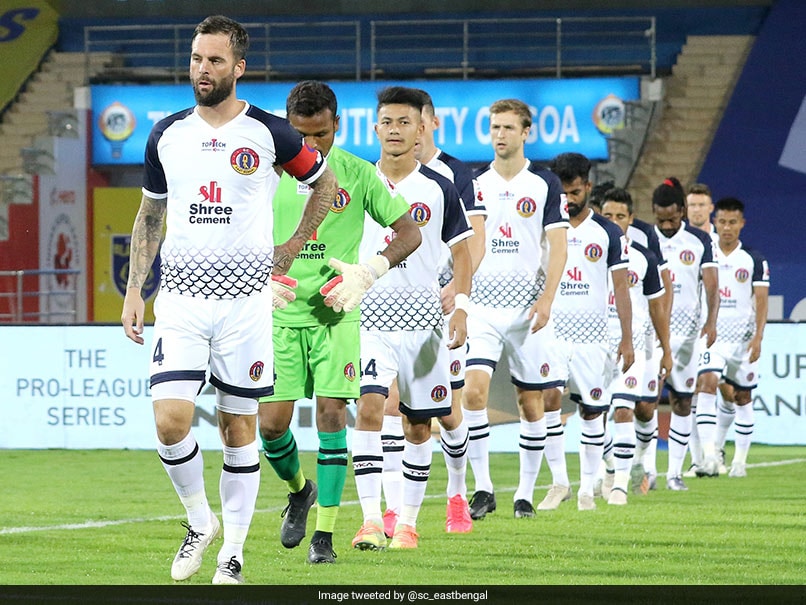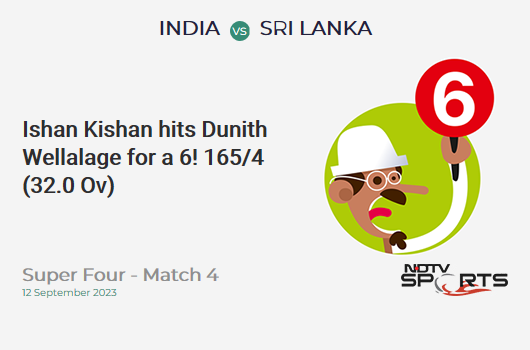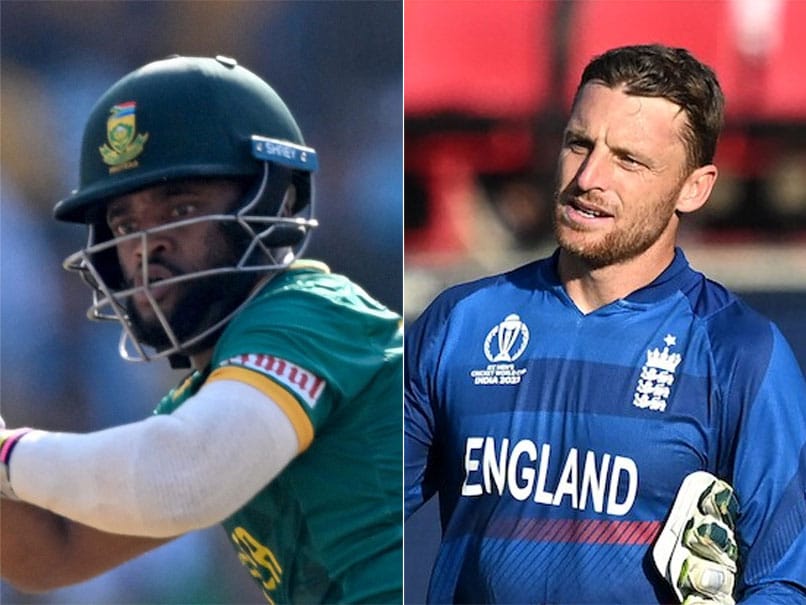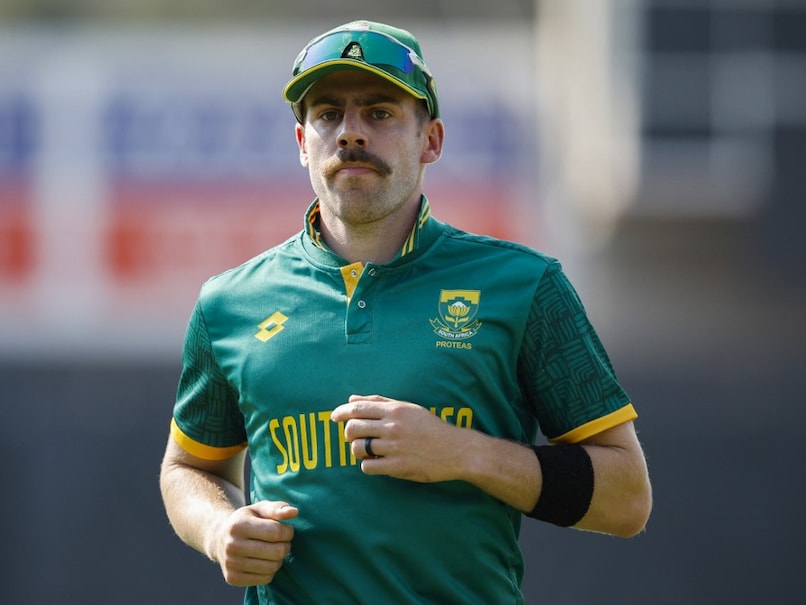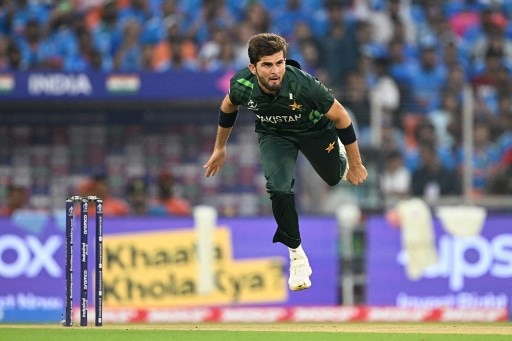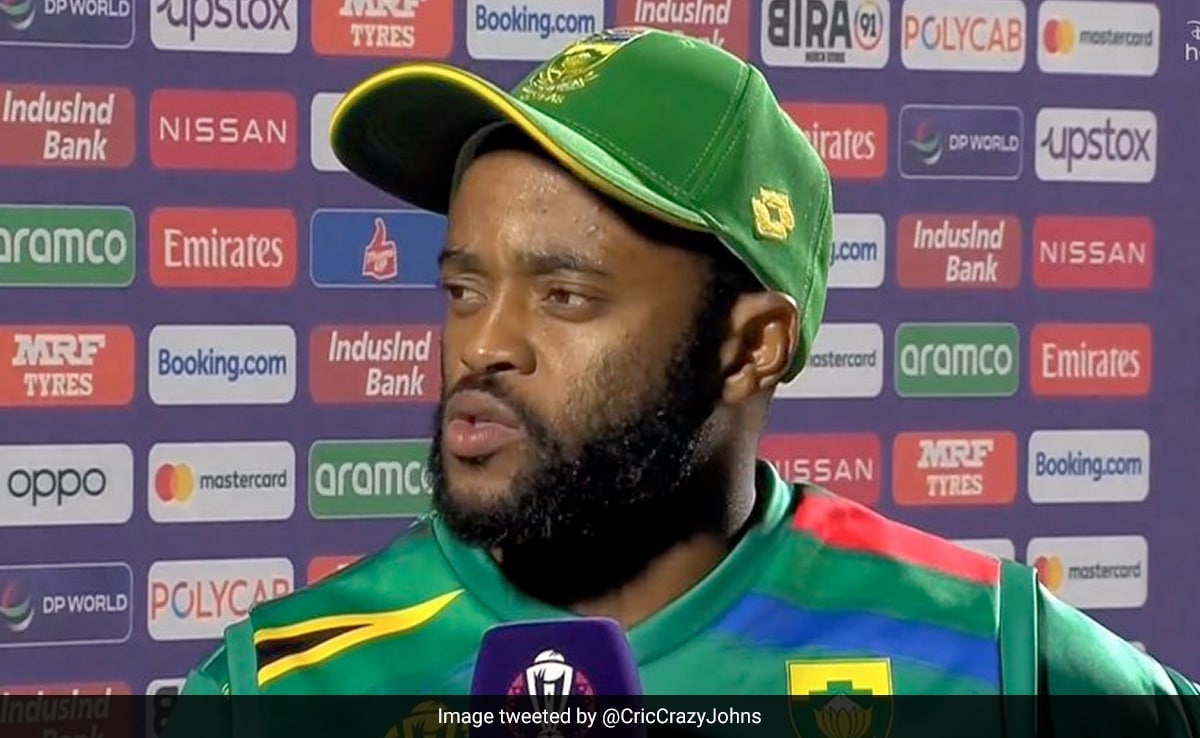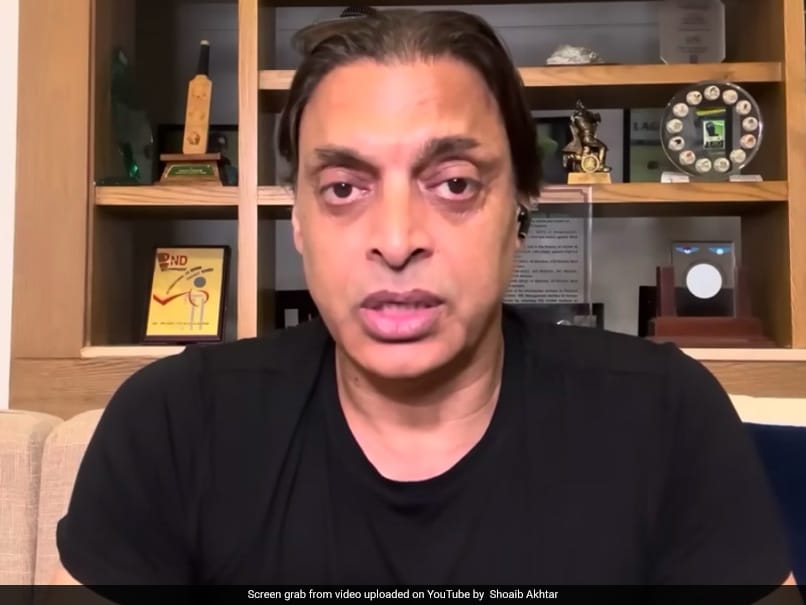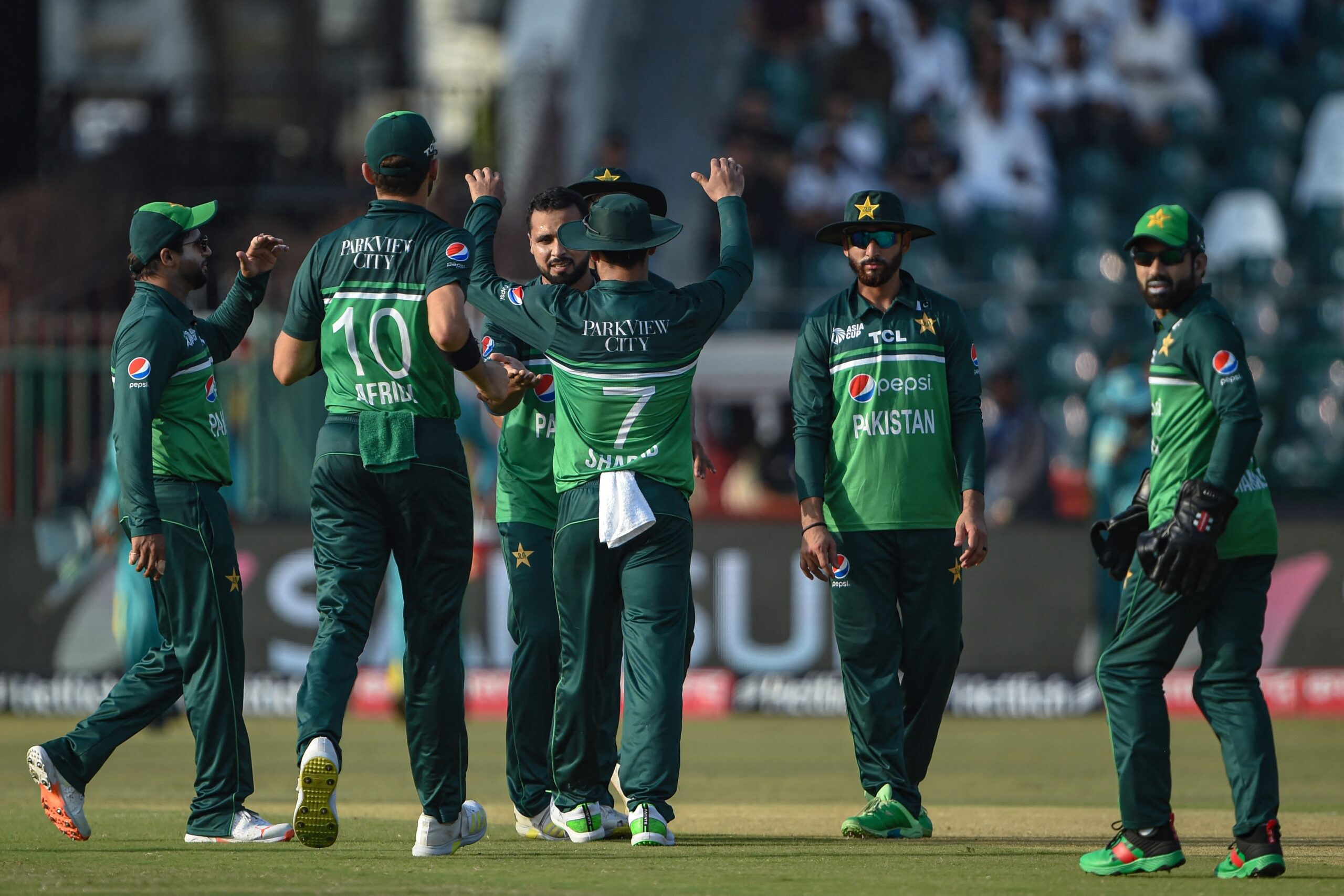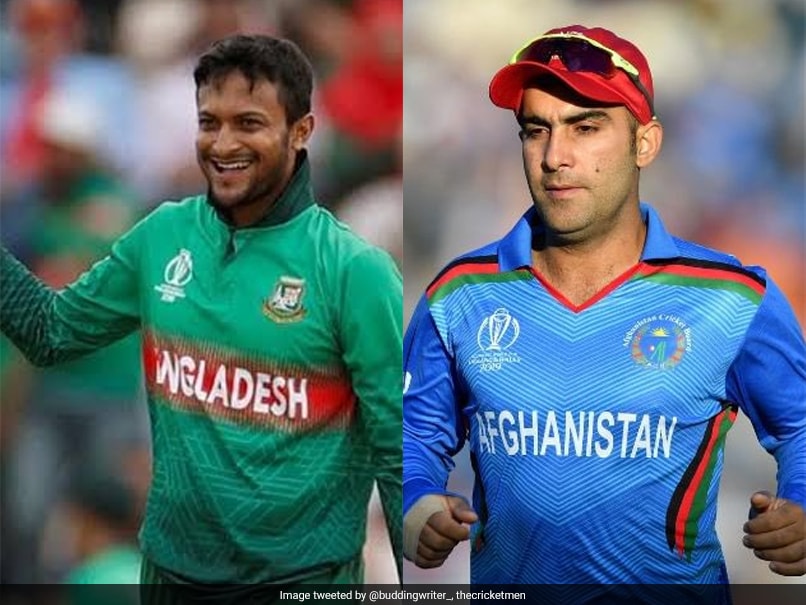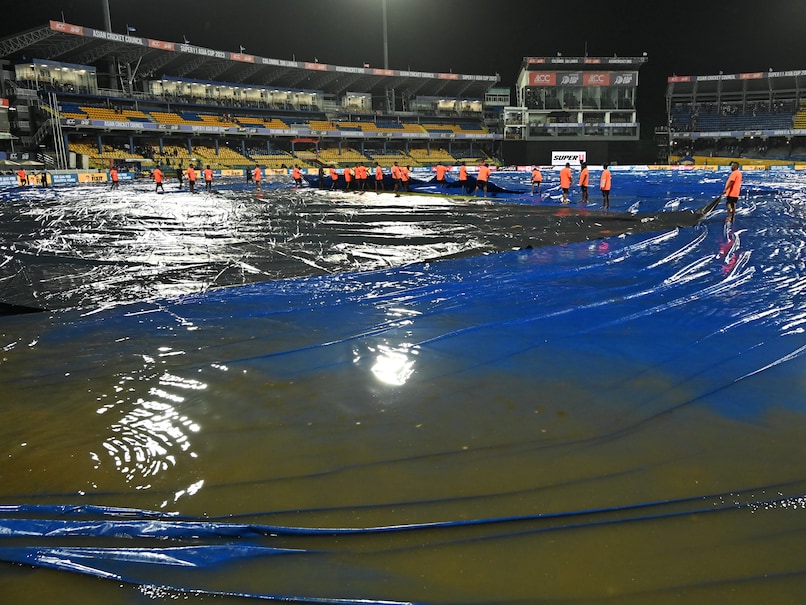Venkatesh Prasad, R. Kaushik, Dilip Vengsarkar, WV Raman, VVS Laxman and TVS Tyres’ P. Madhavan at the launch of the book ‘The Lords of Wankhede’.
| Photo Credit: MURALI KUMAR K
India’s triumph at the 1983 World Cup after beating the mighty West Indies marked an epochal shift in the country’s cricketing landscape. It became the No.1 sport, and by 2011 when India won again, the success was seen as a national rite of passage.
Former India cricketer W.V. Raman and senior journalist R. Kaushik have set about exploring the evolution of Indian cricket in these 28 years in the book The Lords of Wankhede, which was unveiled at a star-studded function, graced by the likes of Dilip Vengsarkar, VVS Laxman, and Venkatesh Prasad, among others, at the Century Club here on Tuesday.
The tag of a world champion, though, was tough to wear, conceded Vengsarkar. “It was very difficult because the BCCI invited the West Indies to India very soon,” the 67-year-old said, as the audience burst into laughter.
“They came fully prepared. The ODI series was especially bad because we lost all games. I still remember the match in Jamshedpur where Viv Richards and Gordon Greenidge were having a competition – who would hit longer? We were just watching.”
Regardless, the victory inspired many a budding cricketer, including VVS Laxman. “You can ask Sachin, Sourav and many others, all of us feel the same – the 1983 win was a turning point in our lives.”
“We all came up the ranks and always thought about maximising our potential as a team, both at home and overseas. To live that dream from around the age of nine and represent the country was a huge honour.”
India’s story between the two Cup wins is punctuated by many historic moments, like the 1986 tied Test between India and Australia, Anil Kumble’s perfect 10, and India becoming the No.1 Test nation in 2009. The book presents vivid sketches of these and many other accomplishments.
“Cricket in the 1980s was of great quality and was very competitive,” recalled Raman. “In the tied Test, a lot of things were overlooked. The result will be spoken about for centuries. But Kapil’s hundred in that game was one of his best. Late Dean Jones’ innings (210 & 24) and Greg Mathews’ bowling (10/249)…”
There is also room in the book for some of the low points, chief among them would be the fixing saga at the turn of the millennium.
“It was a very confusing state,” said Kaushik. “There were rumours, some of them about people who we knew personally. But the biggest fallout was that it left no space for genuine cricketing mistakes. That was unfair on an entire generation of cricketers.”
P. Madhavan, executive vice-chairman of TVS Tyres (sponsor of the event), also spoke. A minute’s silence was observed to condole the demise of legendary spinner Bishan Singh Bedi.




